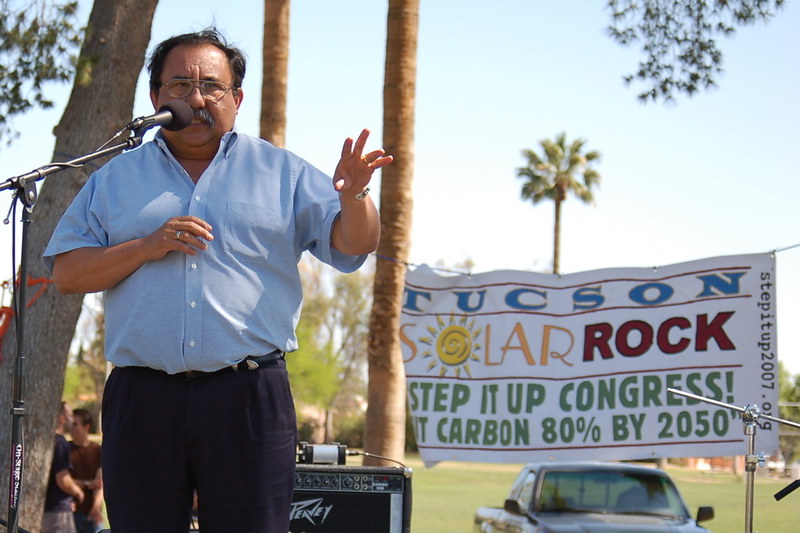MEXICO CITY — Enrique Pena Nieto, the president-elect of Mexico, will be forced to govern in a way that his once-autocratic Institutional Revolutionary Party isn’t accustomed to: by negotiating with political opponents.
Pena Nieto won 38 percent of the vote, with a 6 percentage-point margin over his nearest rival in Sunday’s election, a victory smaller than the one opinion polls had forecast and far from a resounding knockout, analysts said.
His modest triumph and the comeback of his party, which has been out of power for the past 12 years, signaled that Mexicans wanted a new hand at the tiller to deal with soaring violence and modest economic growth that’s averaged about half the rate of other Latin American nations in recent years.
But a majority of voters cast ballots for someone other than Pena Nieto and denied the party, known as the PRI in its Spanish initials, a working majority in both chambers of Congress, meaning that the overhaul the 45-year-old former governor has proposed will come only through consensus with opposition parties.
“Voters fully expressed their distrust,” said Federico Estevez, a political scientist at the Mexico Autonomous Institute of Technology. “He’ll be hampered by the Senate for a full term.”
Pena Nieto made some 250 promises during the campaign, ranging from vast and profound structural revisions to throwaway pledges to appeal to various regions and voter groups. The deep restructuring includes changes to energy, labor and fiscal policies that would take an ax to some of the edifice of state that his party helped construct during the 1929-2000 period it ruled without interruption.
One of his pledges was to slash 32 seats from the 132-seat Senate and 100 seats from the 532-seat lower house, the Chamber of Deputies. Such a change would require a constitutional amendment, possible only if the PRI wins support from its political opposition.
Experts said the need for coalitions underscored the linchpin role in Congress that would be played by the National Action Party (PAN), which has been in power for 12 years but whose candidate trailed in third place in Sunday’s vote, and the leftist Party of the Democratic Revolution (PRD), which placed second.
Pena Nieto will need center-right PAN legislators to negotiate sensitive changes to the energy sector, such as opening the state-run oil company, Pemex, to private investment in exploration, production and refining. Strong nationalism in Mexico makes changes to Pemex nearly a third rail in politics.
“My gut feeling is that the PAN will be prepared to negotiate,” said Carlos Elizondo Mayer-Serra, an Oxford-trained political scientist at the Center for Research and Teaching in Economics, a Mexico City research center. “They need each other.”
The PAN “becomes the pivotal party,” Carlos Ramirez, an analyst with the Eurasia Group, a global risk-consulting firm, wrote in a report Monday. “Yet the PAN will not accede easily to the PRI’s wishes even in cases where there might be some policy agreement; the memory of 12 consecutive years of PRI obstructionism during PAN administrations will not disappear quickly.”
Deep political and economic restructuring, such as a move to boost low tax revenues and to apply value-added taxes in areas including foodstuffs, is considered crucial to giving the state tools to govern effectively.
Elizondo said many of Pena Nieto’s promises during the campaign would be swept under the rug.
“Elections in Mexico are more flexible in terms of promises,” he said. “Some of them will be forgotten very quickly, and some will have a cosmetic solution.”
Among his promises, Pena Nieto pledged to increase spending on science and technology to 1 percent of the nation’s economic output, halt increases in basic food prices and lower some electricity rates.
If he and his party find it hard going to win coalition support, the president-elect may have a natural explanation.
“He’ll play a blame game, which is, ‘Hey, I proposed a decent reform but these guys are just obstreperous,’ ” Estevez said.
Estevez differed with other analysts, saying he thinks that Pena Nieto will seek broader alliances with the PRD than with the center-right politicians.
“He’s going to govern with the left. This is going to be a center-left government,” Estevez said.
But Ramirez said the left was dead-set against opening the oil sector and on weakening the Pemex oil-workers union.
Such a position “only reinforces our long-held view that Pena Nieto is likely to move cautiously on his reform agenda, and prioritize other reforms ahead of a proposal to open the energy sector,” Ramirez wrote.








